Computer designed networks of hydrogen bonds allow programming specific interactions of protein interfaces, facilitating programming molecular recognition.
Adding modular hydrogen-bond networks to protein design
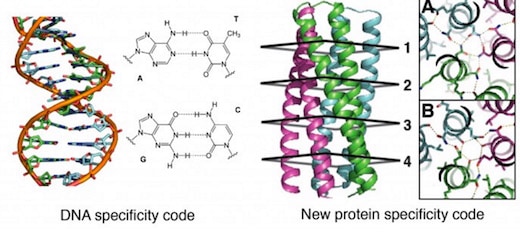

Computer designed networks of hydrogen bonds allow programming specific interactions of protein interfaces, facilitating programming molecular recognition.
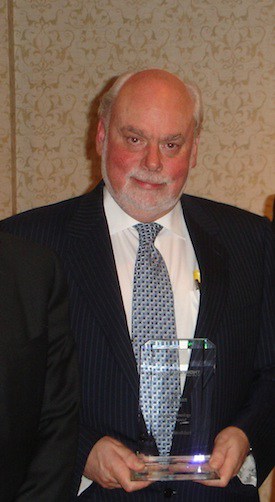
Sir J. Fraser Stoddart, winner of 2007 Foresight Feynman Prize for Experiment, shares the 2016 Chemistry Nobel for the design and synthesis of molecular machines.
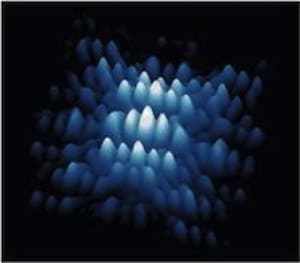
Precise matching of STM images and theoretical calculations provides exact lattice locations of dopant atoms, advancing the prospects for silicon-based quantum computers.
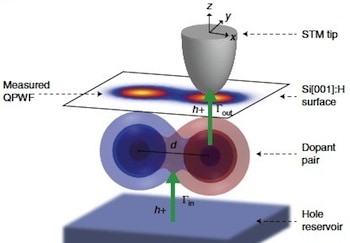
Atomic resolution measurement of quasi-particle tunneling maps of spin-resolved states reveals interference processes that allow simulation of processes important for developing quantum computers based on atomically precise doping of silicon.
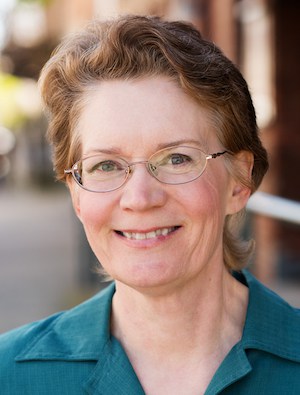
Christine Peterson will speak on “High-Leverage Altruism” at the fourth annual conference of Effective Altruism, using reason and evidence to improve the world as much as possible, and on nanotechnology at the Singularity University Global Summit, the definitive gathering for those who understand the critical importance of exponential technologies.

Foresight President Julia Bossmann will speak on AI at the TEDxEchoPark “Paradigm Shift” event on Saturday May 14, 2016, in Los Angeles, California.

Foresight Institute, a leading think-tank for transformative future technologies, such as nanotechnology, synthetic biology, and artificial intelligence, announced that Julia Bossmann has joined the organization as president.
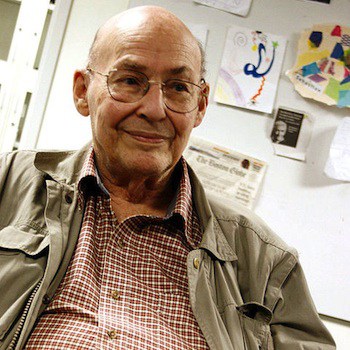
We are greatly saddened to hear of the death of Marvin Minsky, age 88. A pioneer in artificial intelligence, Marvin served as an Advisor to Foresight Institute from its earliest days.
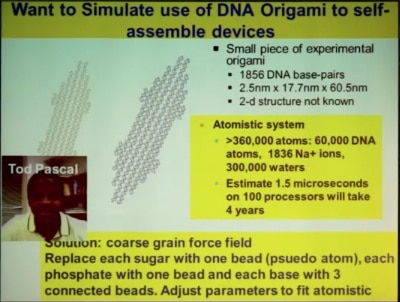
Prof. William Goddard presented four advances from his research group that enable going from first principles quantum mechanics calculations to realistic nanosystems of interest with millions or billions of atoms.
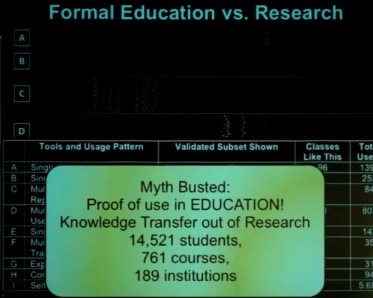
Prof. Gerhard Klimeck described the success of nanoHUB.org, a science and engineering gateway providing online simulations through a web browser for nanotechnology research and education.